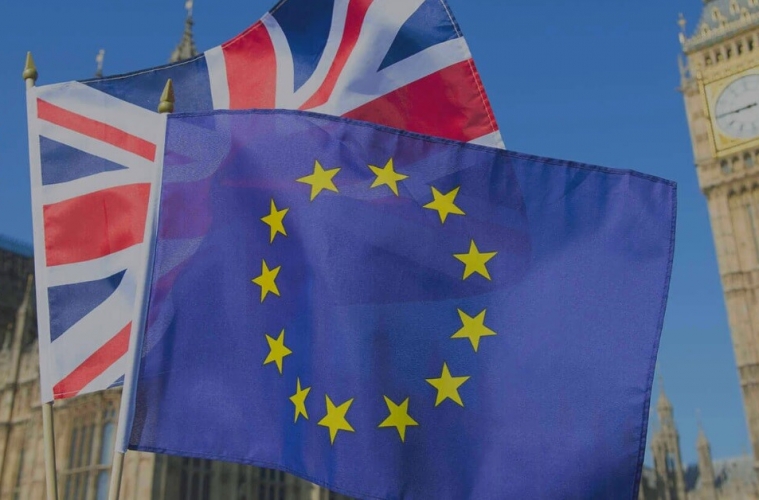Good morning,
GBP: Impact assessments having exactly that
Sterling was the worst performing currency in the G10 yesterday. The weakness came on very little news during the European session and as such, this could very be easily be the beginning of a slow unwind of a very quick move higher.
Sterling may still have further to go with Brexit back in the headlines. Overnight Buzzfeed has published a leaked copy of the Government’s new Brexit impact assessment which says that leaving the EU will adversely hit almost every sector and every UK region.
Under a comprehensive free trade agreement with the EU, the analysis suggests UK growth would be 5% lower over the next 15 years while a “no deal” scenario, which would see the UK revert to World Trade Organization (WTO) rules, would reduce growth by 8% over that period. Access to the single market via the European Economic Area (the Norway option) would only hit GDP by 2%.
Brexiteers will continue to say that these assessments do not mirror the plans for a bespoke deal. The simple fact is that it is impossible to construct a bespoke deal that is closer than Norway unless that also involves staying in customs union; a policy that both Conservative and Labour parties are against.
USD: Fighting back
Tensions on Monday rose as the EU reacted to comments made by Trump last week in relation to trade. President Trump commented that he has ‘A lot of problems with the EU’ which could ‘morph into something big from a trade standpoint’. The market will be following this progress carefully as some form of trade conflict could certainly weigh in on the dollar.
The dollar has, however, bounced back this week from recent multi year lows as personal income increased in the US and so did personal consumption. People have earned more and are spending more, good signs since the new tax plans came into play. The Texas manufacturing index also surprised to the upside showing that factory activity in Texas significantly beat expectations.
USD gained yesterday against most currencies but falls on US stock markets late in the day saw JPY outperform on risk aversion flows.
EUR: Watch the unions
German workers at metals and engineering companies will go on strike in the coming week after union IG Metall said negotiations over wages and working hours failed to result in an agreement. This is an interesting development in Germany as it signifies that unions within Germany must be getting more and more confident about their ability to negotiate higher wages for their members. If that leads to higher wage negotiations in Germany and the wider Eurozone then we can expect to see the European Central Bank being more optimistic on interest rates and, therefore, the euro.
We will keep an eye on whether other unions get similar ideas in the coming weeks.
Have a great day
Jeremy Cook, Chief Economist


